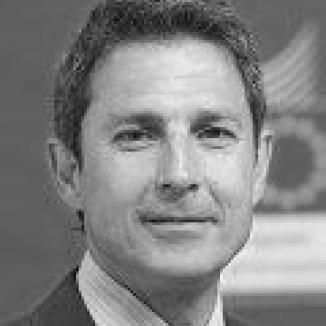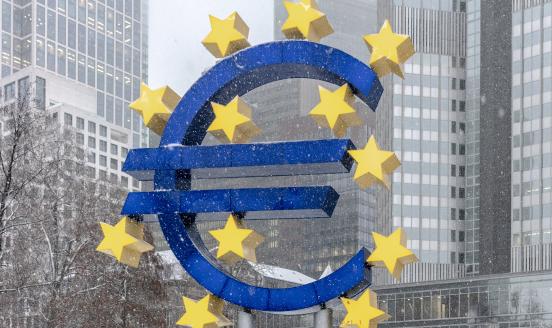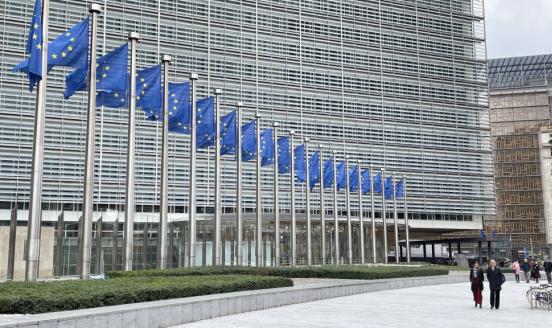Stability of EMU and prospects for fiscal union
How can Europe make progress with EMU and move towards a Fiscal Union?
Speakers
José Leandro
Director, Policy, Strategy and Coordination, European Commission, DG ECFIN,
Javier Méndez Llera
Executive Director, FEF,
Fernando Navarrete
Chief Financial Officer, ICO,
Summary
See below for video recording
The event began with a presentation of the Euro Yearbook 2015, an analysis of progress made so far towards the completion of European Monetary Union (EMU).
Firstly, Fernando Fernández offered an overview of the report. His central argument was that the European project is incomplete, due to a lack of political consensus and adequate policy instruments at the EU level. For the EMU to evolve into a more optimal currency area, the first step would be to finalise the banking union by establishing a European deposit insurance scheme. From the fiscal standpoint, he argued that Europe does not have an instrument of fiscal risk-sharing across euro area countries, which may lead to systemic consequences when a country is hit by an idiosyncratic shock.
José Leandro joined the discussion by arguing that even though member states in a common currency area have to develop their own mechanisms to absorb shocks individually (flexible labour markets, competitive goods, etc), some shocks “need to be shared”. The financial crisis ended up being overwhelming for countries like Spain or Ireland, even though they initially had fiscal capacity to let automatic stabilisers work. His policy recommendation to solve large individual shocks would be to finish capital and banking union and to enhance financial integration. His claim is that the private sector would then be prepared to absorb a larger fraction of any individual shock, implying a lower negative effect on aggregate demand. Moreover, Fernando Navarette argued that completing banking union would have a fiscal stabilisation effect. The costs of saving banks would be distributed, leaving more fiscal space in the countries experiencing an economic and financial shock.
The Q+A raised further interesting questions. One guest asked whether a capital markets union is needed in the presence of a perfect banking union. José Leandro argued that these two instruments are not substitutes but complement each other. A final question was whether the EU should focus on reducing risk or should implement a risk-sharing mechanism across euro area countries. In response it was argued that risk-sharing implies a de facto risk reduction.
Event notes by Jaume Marti Romero, research intern
VIDEO RECORDING
RELEVANT READING
Euro Yearbook 2015, edited by Fernando Fernández Méndez de Andés, IE Business School
Which fiscal union for the euro area? by Agnès Bénassy-Quéré, Xavier Ragot and Guntram Wolff.









